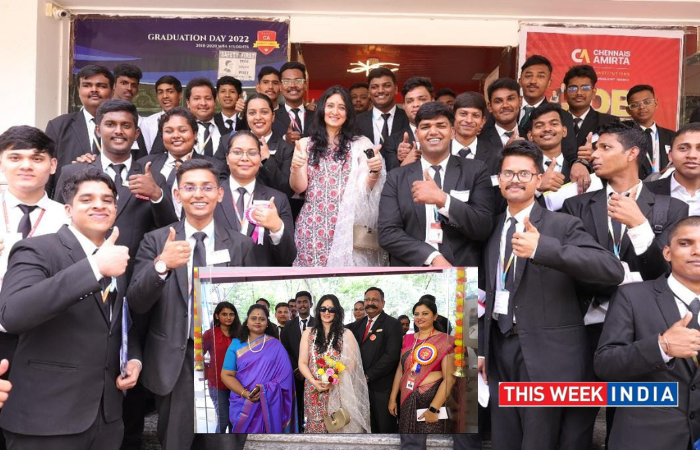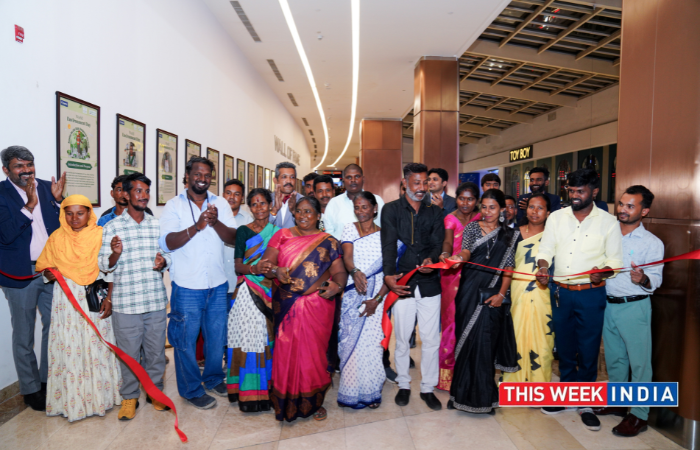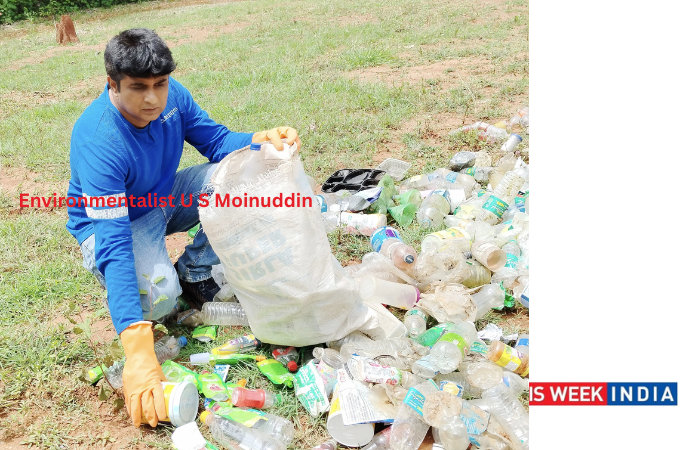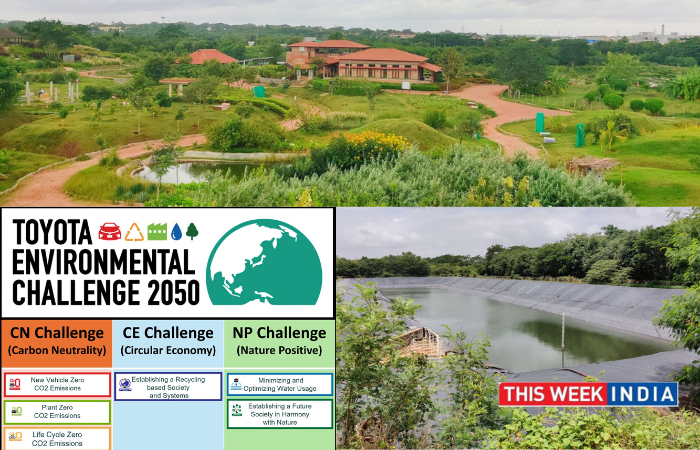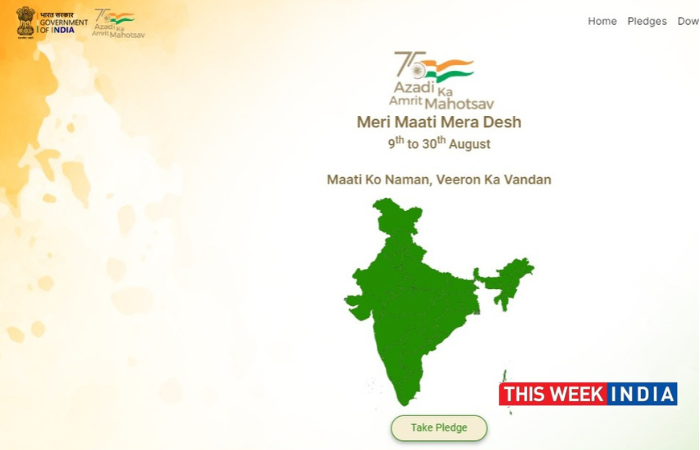Bengaluru, 10th January 2022: “Multilateral cooperation, and a strong Europe-Asia relationship, is crucial for the global recovery. We believe it is important for all our Asian partners to work together to “build back better” – in a greener, digital, sustainable, and inclusive way in the aftermath of COVID-19 pandemic”, said Niccolo Rinaldi, Head of Unit – Asia, Australia and New Zealand, Directorate-General for External Policies of the Union, European Parliament, on Monday. Mr Rinaldi also acknowledged the importance of collaboration and exchange between the EU member states and Asian countries in the education process. He stressed the critical role of universities like Manipal Academy of Higher Education (MAHE) as interlocutors of strengthening the EU’s ties with Asia.
He was speaking at the inaugural program of a Winter School on ‘EU-Asia Relations in a Multipolar World’ jointly organised by the Manipal Centre for European Studies (MCES), a Jean Monnet Centre of Excellence, and Nordic Centre in India from 10-15 January 2022 at Manipal Academy of Higher Education (MAHE), at Manipal, Karnataka. The 6-day Winter School is curated by Ms Priya Vijaykumar Poojary, lecturer, and Dr Yatharth Kachiar, Assistant Professor at the Manipal Centre of European Studies (MCES).
During the inaugural session, Mr Rinaldi emphasised that the Indo-Pacific region, highlighting its increasing importance reflects in the EU’s strategy for cooperation with the region. “We are already a top investor in Indo-Pacific. Moreover, we are also the top development cooperation and trading partner in Asia. We have decided to reinforce our strategic focus, presence, and actions with the region. Our new EU strategy for cooperation in the Indo-Pacific sends a strong political signal”, said Mr Rinaldi.
Speaking at the same inaugural session, Dr Yeo Lay Hwee, Director, European Union Centre in Singapore, emphasised the importance of partnership between Asia and Europe in strengthening Multilateralism. She stressed the “urgent need to uphold the international order based on rules and principles of international law with the United Nations at its core to address global and regional challenges.” She also noted the importance of confidence-building measures and preventive diplomacy in contributing to peace and stability and reaffirmed the principles of mutual respect, mutual understanding, mutual interest and the renunciation of the use of force and the threat of using force in international relations.
Dr Neeta Inamdar, the Head, Manipal Centre of European Studies (MCES), highlighted the importance of enhancing Asia-Europe connectivity, which has political and economic aspects and socio-cultural links with people-to-people aspects. She noted that young people are influential change agents propelling humanity’s movement towards a new sustainable future. To this end, strengthening EU-Asia relations would mean ensuring young people’s meaningful participation in all spheres and public and political life. She further said, “it is necessary to encourage the expansion of educational exchange and cooperation among EU and Asia for sharing good practices of ways to tackle common global issues.”


